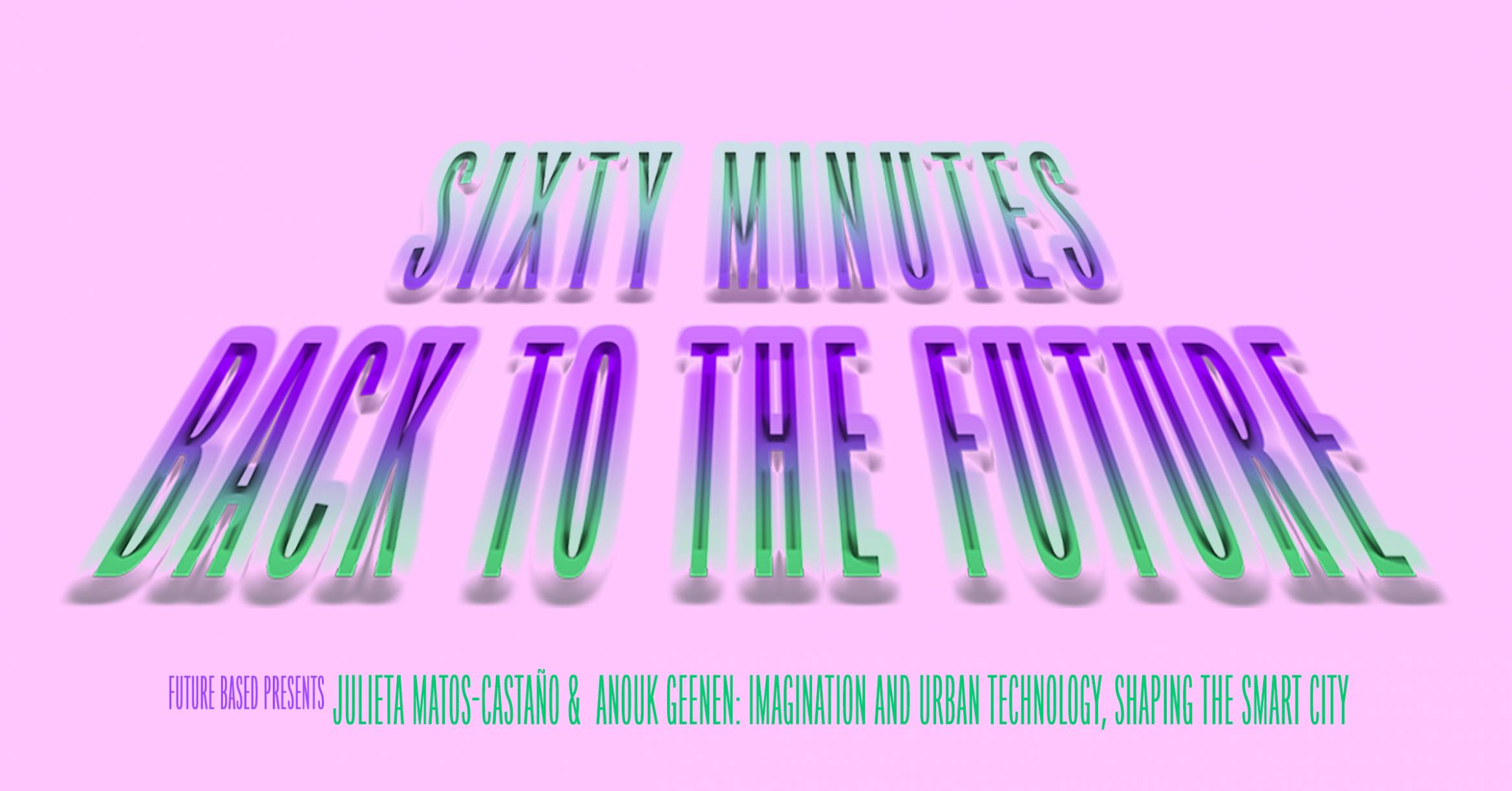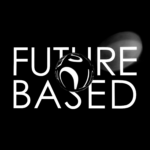

Sixty Minutes Back to the Future: Imagination and Urban Technology, Shaping the Smart City (cancelled)
February 25, 2021 @ 8:00 pm - 9:00 pm UTC+0
| donation** This event is cancelled until further notice **
Technology is everywhere: glued to other hands, integrated into our cars, or hidden behind garbage bins in your street. These technologies change the way we are in the world and experience it. For example, an urban walk is very different if you are efficiently using Google Maps to go from A to B, than if you are quietly strolling in the sunset. When was the last time that you got lost in the city or established a random conversation with a stranger while asking for directions? The introduction of technology in our cities disrupts how our society operates, calling for reflection and debate about the values that we hold important.
Building on insights from post-phenomenology, we reflect on the intricate nature of human-technology relations in the city, broadening it to a society-technology relation. Then, we reflect on how to turn these insights into practice. What do we need to not only reflect on and analyze past or current practices, but to foster our imagination and collective sense-making to take action towards inclusive and responsible practices? What role can design and futuring play in this?
In this lecture, Anouk Geenen and Julieta Matos-Castaño will employ an interdisciplinary approach to reflect on different theories and scholars that help us to create more responsible practices in our technological cities. Moving from Philosophy of Technology to Design Research, and bridging insights on issues and imagination, we follow a broad path of thinkers that broaden our horizon.
Thinkers and scientists that will be discussed:
1. Dewey – The public and its problems (Political Philosophy): In his 1927 work ‘The Public and its Problems’, John Dewey investigated the public as a philosophical subject yet grounded in everyday situations and real life experiences. Being almost a century old, the book has not lost relevance for present day inquiries on the smart city.
2. Verbeek- Technological mediation (Philosophy of Technology): Peter Paul Verbeek’s theories help us to reflect on the roles that technology plays in human existence and society. What type of human-world relations emerge as a result of the digitized and datafied cities we live inhabit?
3. Weick- Sensemaking (Organizational Theories): Karl Weick’s sensemaking theories inspire us to reflect on how various interest groups can collectively allocate meanings to the impacts of technology, to shed light to the unknown, unknowable and ambiguous futures ahead of us. How does collective sensemaking take place in smart cities?
4. Dunne & Rabby- Speculative & experiential design (Design): Dunne and Rabby have shaken up the world of design by initiating a design practice that focuses on sparking discussion around relevant societal issues. How can speculative and experiential design help to debate the worldviews that underlie technological developments? How can we bring the future to the present to construct alternative worldviews? What is the role of imagination in this process?
About the speakers:
Julieta Matos-Castaño is a researcher and freelance consultant focusing on multi-stakeholder collaboration and collaborative-futures making. As a postdoctoral researcher, Julieta explores ways to develop inclusive smart city visions. To this end, Julieta delves into the relations between design practices, inclusive imaginaries, sensemaking processes and smart city futures. As a freelance consultant, Julieta supports organizations to envision futures, and to prepare actionable plans to realize their opportunities and overcome challenges ahead. Her approach is based on embracing strategic conflict and making use of visual thinking and creative approaches in this journey. In 2019, she co-founded the Speculative Futures chapter in the Hague.
Anouk Geenen is a PhD candidate within the Human Centred Design group at the University of Twente. She is co-founder of the Speculative Futures chapter in The Hague. With a bachelor in Liberal Arts and Sciences and a master degree in Theoretical Physics, Anouk is an interdisciplinary scholar at heart. She is interested in socio-technical transitions and the ethical and political questions they pose. Within her research, Anouk combines the hands-on approach of design with the theoretical frameworks from philosophy and science and technology studies. Her aim is to bring people together to reflect on, discuss and co-create smart city futures.
Why a lecture on the topic of ‘smart cities’ right now?
There is a ‘smart city fever’ all over the world. Projections on our urban environments show increasing demand for housing, mobility and energy. ‘Smartness’ is often framed as a mere technical challenge: a matter of collecting the right data and creating the right algorithms, so the city can manage itself. However, the introduction of such technology leads to societal disruption and value clashes, being a political debate that affects us in many ways. In this talk, we reflect on the frictions that originate from the intricate human-world relations caused by urban technology, and reflect on how to create a responsible approach towards the role and introduction of technology in our society that acknowledges different viewpoints and perspectives.
The purpose of these webinars:
Future Based’s ‘Sixty minutes back to the Future’ series is a new series in which we reflect on the bottlenecks and challenges of today’s society, and contemporary issues that have already been addressed by numerous philosophers, artists and scientists: What can we learn about the future by looking at history?
The structure of the lectures is as follows: In sixty minutes, an artist, designer, researcher, or scientist talks about her/his field of work and what theories and thinkers have influenced their work. We will then reflect on how these theories, ways of thinking, and researches are relevant for understanding the state of today’s society, what we can learn from them about the ‘now,’ and why it is relevant to involve our past in our speculations about the future.
After 60 minutes, we will leave you on your own, with a head full of questions and the eagerness to go and conduct research yourselves. Luckily, you will receive access to a document with reading suggestions and relevant texts at the end of the lecture.
A note: In these times of challenges of all sorts, we need to lend each other a helping hand. That’s why Future Based organises these webinars on a non-profit basis. This means that ticket sales go directly to the artist, designer or scientist. (Future Based is not subsidized by any means.)
